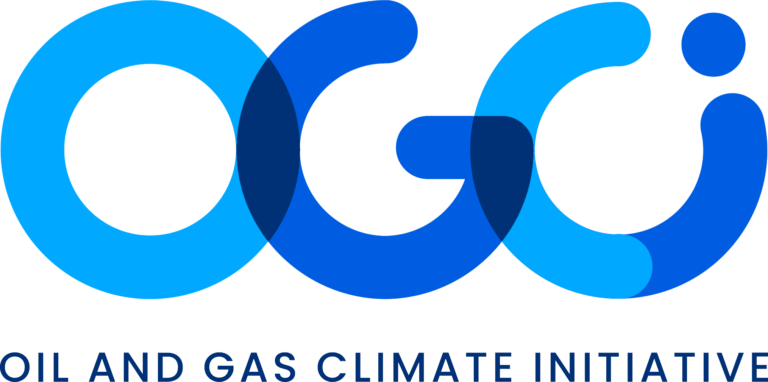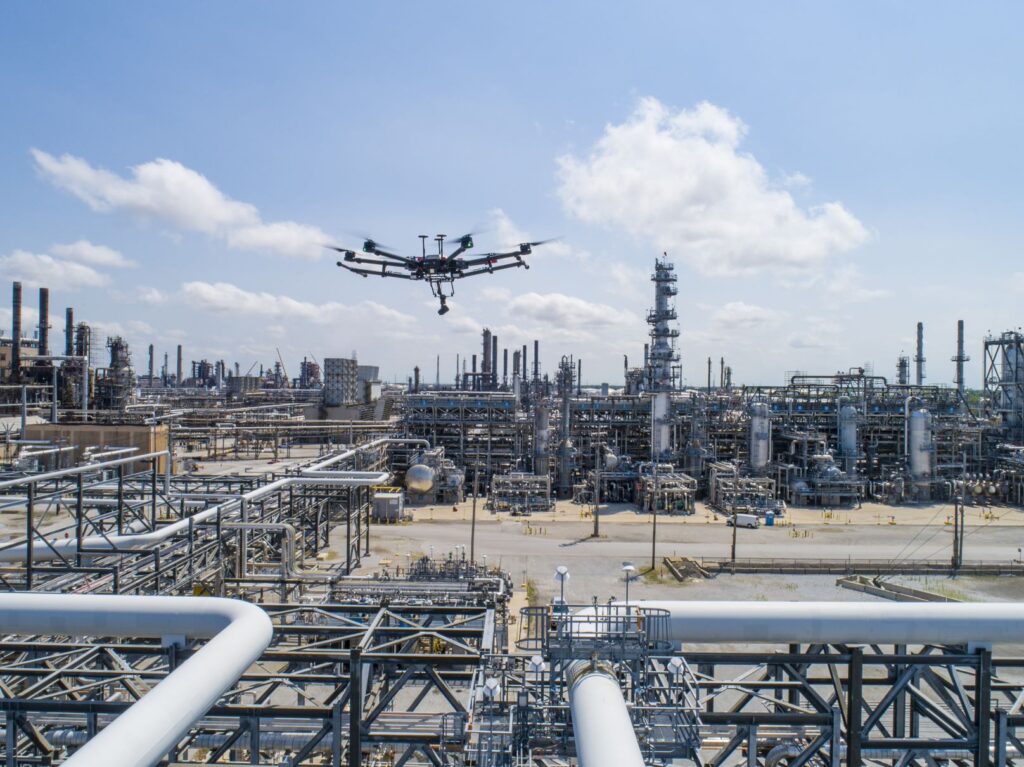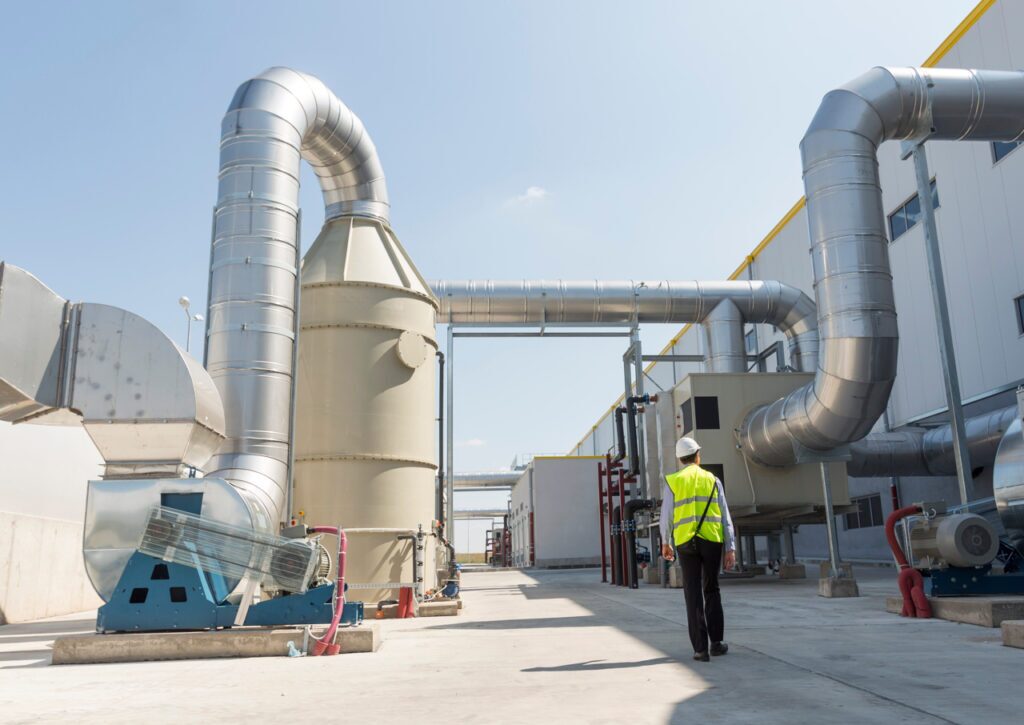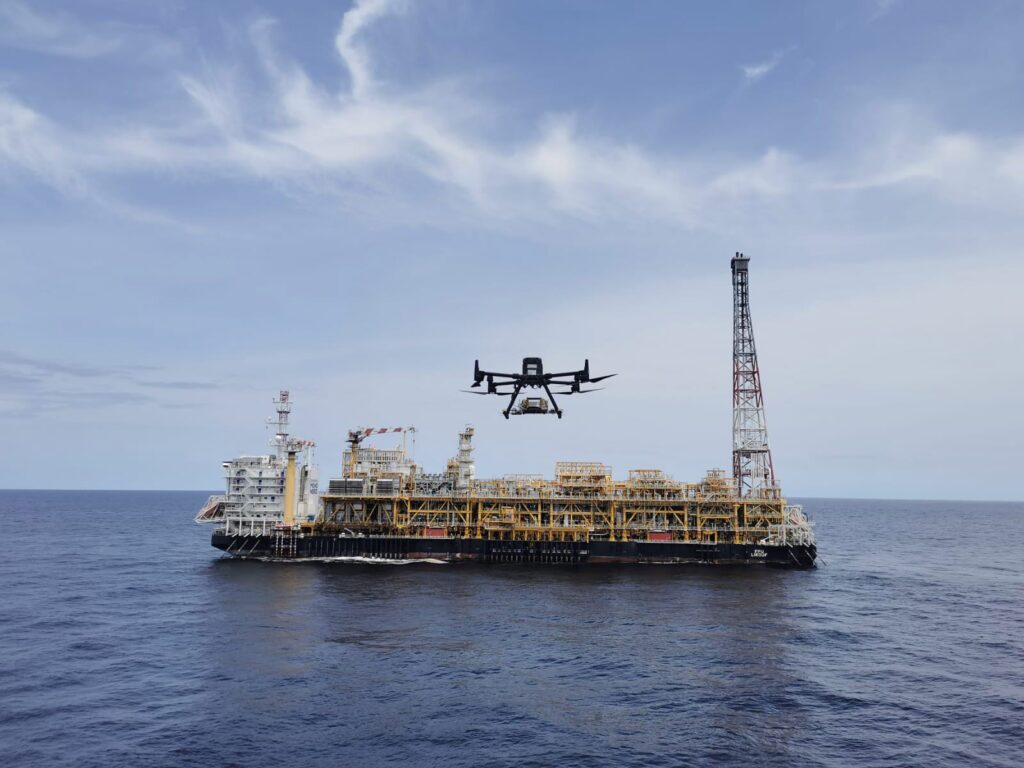Why it’s important
Methane is a more potent greenhouse gas than carbon dioxide, especially in the first decades after its release into the atmosphere.
But it’s much shorter lived, so it stays in the atmosphere for much less time than carbon dioxide. This means there’s an opportunity to deliver a significant near-term reduction in the pace of global warming by urgently reducing methane emissions now.
According to the International Energy Agency’s (IEA) Global Methane Tracker 2023, the concentration of methane in the atmosphere from all human activities is already more than double pre-industrial levels. It now accounts for around 30% of the global warming the world is currently experiencing.
The energy sector, including oil, natural gas, coal and bioenergy, accounts for nearly 40% of methane emissions from human activity. Other sources of emissions include agriculture and landfills.
Methane emissions originating from venting, fugitives and flaring across the global oil and gas industry are estimated to amount to over 2.3 gigatonnes of carbon dioxide equivalent in 2023, according to the IEA’s Global Methane Tracker. This is nearly half of the industry’s Scope 1 and 2 emissions of 5.1 Gt carbon dioxide equivalent.
Thanks to a scale up of technologies that find and stop leaks over the past decade and by avoiding non-emergency flaring and venting, methane emissions in the oil and gas industry can now be tackled in many locations at relatively low or minimal cost.
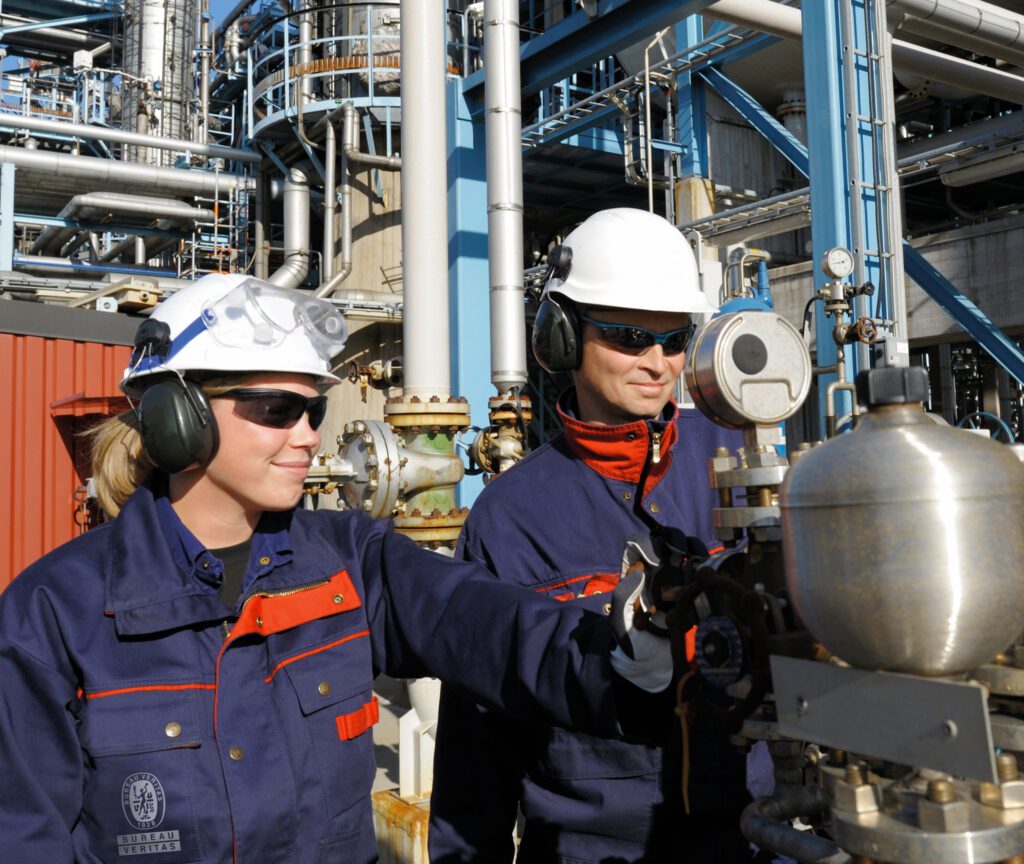
Measuring methane emissions from oil and gas
Over the past decade, there’s been a big push to improve the measurement of methane emissions in the oil and gas sector through monitoring, reporting and verification – a move that OGCI supports.
Accurately measuring methane emissions is critically important to prioritizing activities to mitigate methane.
Previously, methane emissions were typically assessed and reported using standard emission factors based on aggregating available global data and data from specific basins.
This method did not always reflect what was happening at a particular site or asset and did not necessarily pick up sources of methane emissions in the oil and gas industry. This resulted in wide disparities in methane emissions estimates.
Now new technologies, including monitoring with satellites, drones and sensors, make it easier to detect and better quantify methane emissions. OGCI’s member companies are using these technologies to address their methane emissions in a more meaningful way.
Through its flagship Satellite Monitoring Campaign, OGCI has helped demonstrate the use of satellites in detecting methane emissions so they can be located and abated.
OGCI’s work to reduce methane emissions will continue as measurement technologies and methodologies evolve.
One notable change to reporting methodologies is in the US, where the Environmental Protection Agency has updated the methods for calculating methane emissions.
This is expected to increase reported methane emissions of companies operating in the US from 2024 onwards. While the numbers might change, OGCI member companies will continue to focus on reducing methane emissions.
Ten OGCI member companies are now part of the UN Environment Programme’s Oil and Gas Methane Partnership 2.0 (OGMP 2.0).
OGMP 2.0 is a comprehensive, measurement-based reporting framework for the oil and gas industry aiming to improve the accuracy and transparency of methane emissions reporting to aid methane mitigation actions.
Other leadership programmes seeking to improve measurement, monitoring, reporting and verification of methane emissions, include GTI Energy’s Veritas program, MiQ, Project Canary and The Environmental Partnership.
Deploying new technologies
New technologies, including monitoring with satellites, drones and sensors, make it easier to detect and better quantify methane emissions. These technologies allow the oil and gas industry to address methane emissions in a more meaningful way.
An OGCI pilot programme concluded in 2022 successfully demonstrated the use of satellite technology to detect and monitor methane emissions at specific sites in Iraq. The program – known as the Satellite Monitoring Campaign – is now in its third phase and has been extended to more countries and operators including in Central Asia, North Africa and South America.
In 2023, the UN launched its Methane Alert and Response System (MARS) to allow UNEP to corroborate emissions reported by companies and characterize changes over time.
Some companies are also running more frequent Leak Detection and Repair campaigns to reduce fugitive emissions, improving flare efficiency, and introducing artificial intelligence to avoid emergency venting of methane.
OGCI and methane
Reducing methane emissions has been a top priority for OGCI since the group launched in 2014 and OGCI supports the implementation of regulations tackling methane emissions reduction of new and existing sources.
OGCI’s member companies have collectively reduced their own upstream methane emissions, achieving a reduction in their methane intensity in 2021 – four years early while continuing to reduce flaring.
Since 2017, these actions have reduced absolute upstream methane emissions by 55% and decreased greenhouse gas emissions from upstream flaring by 47%.
OGCI is also engaging with non-members throughout the industry to support further methane emissions reductions.
In 2022, OGCI launched the Aiming for Zero Methane Emissions Initiative to encourage the entire oil and gas industry to eliminate its methane footprint by 2030.
Support for the initiative since its launch has grown quickly and now numbers around 100 companies, including private and state-run energy companies, service firms and consultancies.
To improve identification of methane emissions sources, better understand their frequency and persistence, OGCI is working with the Methane Guiding Principles and others to establish common industry practices to deploy technologies effectively in specific settings both onshore and offshore.
OGCI has supported Methane Science Studies, overseen by the government-led Climate and Clean Air Coalition, to increase scientific knowledge and understanding of methane emissions from different types of sites across the global oil and gas industry.
Since 2020, OGCI has supported the World Bank’s Global Gas Flaring Explorer platform to help deliver improved transparency in flaring data from satellites.
And OGCI members support reducing and seeking to eliminate routine flaring at company operations by 2030.
